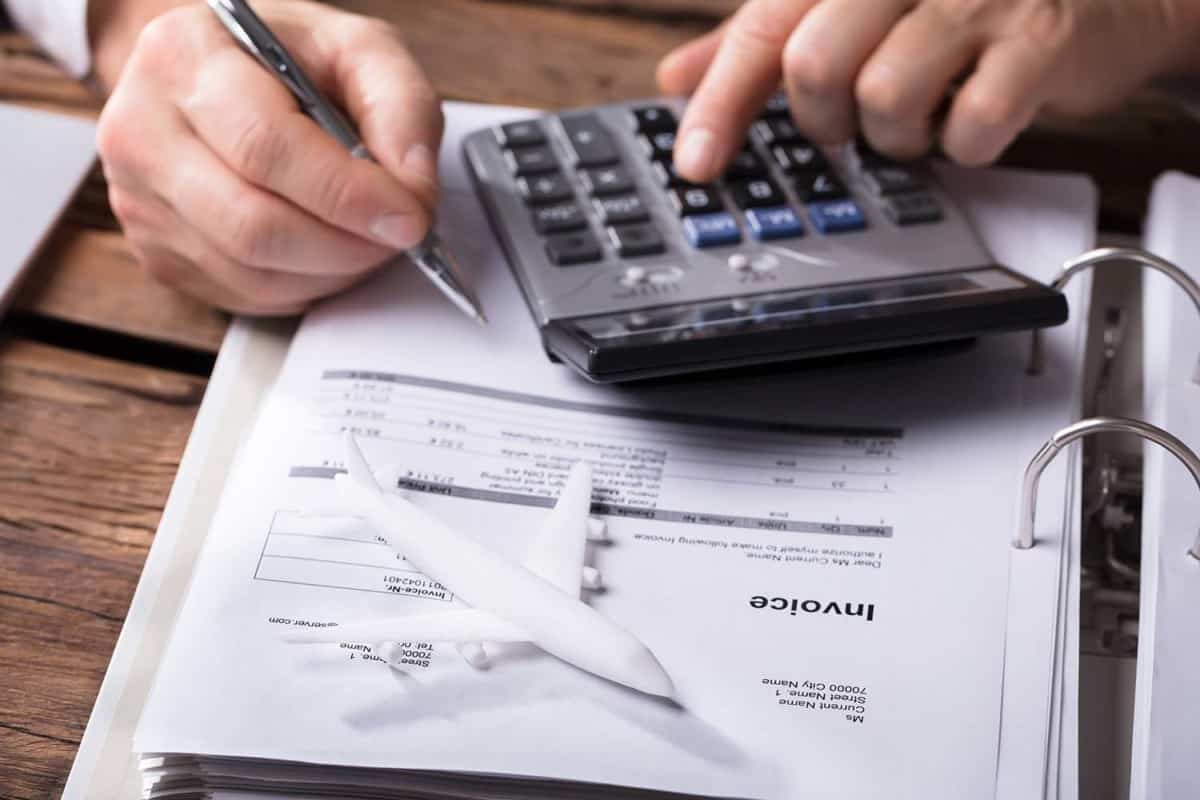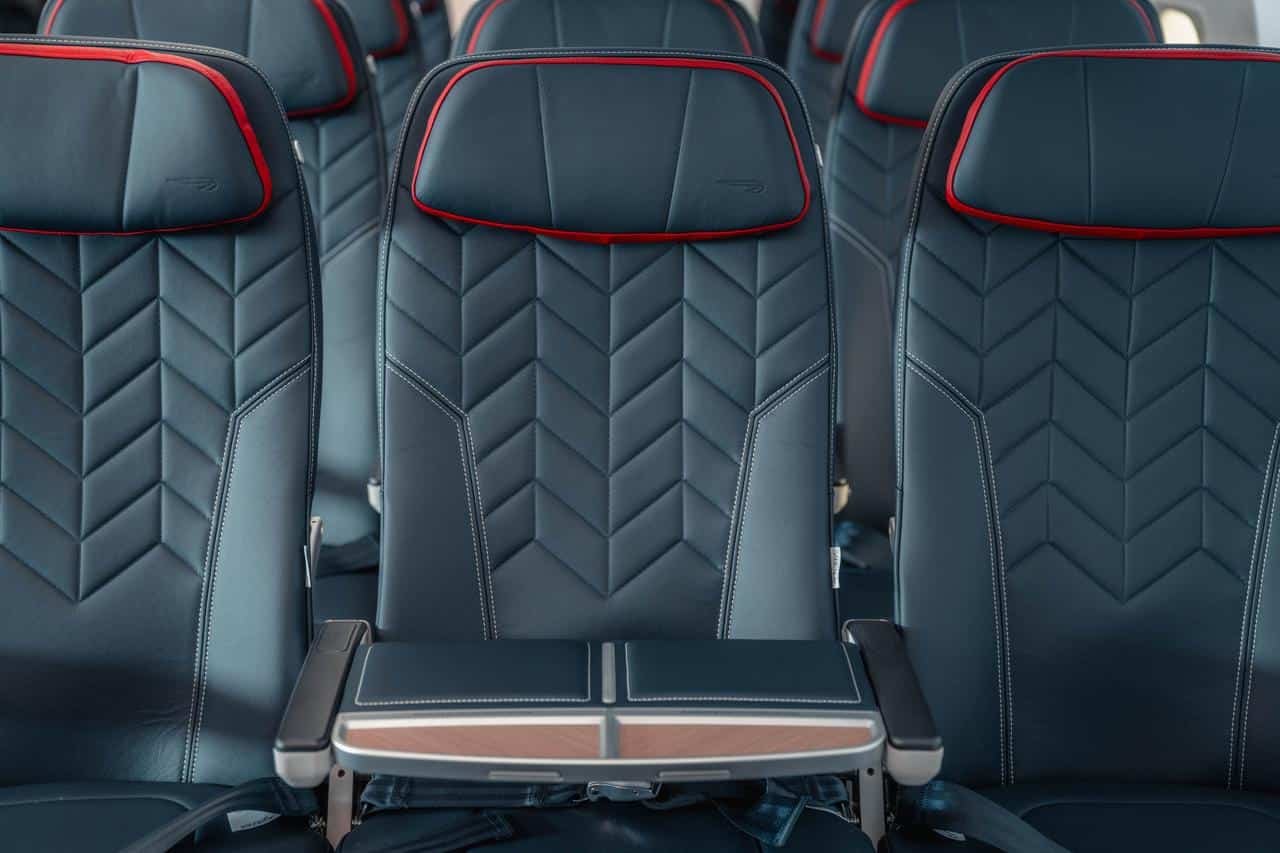If 2022 really does turn out to be the start of the post-pandemic era, then in theory, airline chiefs should be looking forward to better times.
There are already signs of a concentration on yield over expansion, with most carriers cautious about capacity and reining in plans for new routes until things settle. Tight supply and strengthening demand should be an ideal combination for a much-needed boost to the bottom line after two years when fleets spent more time on the ground than in the air.
The start of the year has been encouraging for airlines. IATA figures for the second week in February show international ticket sales at 49% of 2019 levels and while there is still some way to go, the signs are good, as late January saw this figure at only 38%, making the improvement the biggest since Covid hit.
Some recent airline financial results bring further cause for optimism. In January, Delta registered a $3.4 billion loss for the calendar year 2021 but within this recorded a profitable second half, when it made $1.1 billion pre-tax.
Similarly, Air France/KLM hailed a ‘turning point’ in the pandemic, ending 2021 with a pre-tax profit of €745 million, compared with a loss of €1.69 billion in 2020. In the fourth quarter, profits hit €827 million, underlining the strength of the recovery.
In the drive to repay debt from the pandemic, few carriers will be keen to discount or grab market share, with only Ryanair publicly saying it will do so at the expense of debt-laden legacy airlines.
For the rest, the preoccupation is with building back, but with an eye on cost pressures that may mean the days of ridiculously cheap fares are numbered.
The first concern is oil, which has risen in price from under $60 a barrel to around $90 in the past 12 months. Fuels costs are something airlines always pass on to passengers surreptitiously. Taking an Emirates £500 ticket, the airline details the actual fare at only £230, with ‘carrier-imposed charges’ – generally fuel – totalling £100. Taxes and fees amount to another £172.

Taxes and fees are better illustrated by another example, a ticket to Spain costing £150. This includes £22 paid to Heathrow, plus £13 APD and a £15 Spain departure and security charge.
The remaining £103 will not all go to the carrier, an airline source said. “An economy flight like this from Heathrow would routinely see a third to a half of the ticket price going in taxes, airport charges and other costs. Other third-party charges such as airspace, carbon schemes, handling agents etc. are not included in the taxes and charges specified on the ticket.”
Named ancillaries come later in the booking, with tangible costs such as baggage handling allowing airlines to slap on a firm mark-up.
This year will see an unavoidable third-party charge work its way more into ticket prices, because airports, like airlines, are keen to make up huge losses incurred during the pandemic and wish to hike fees. Heathrow has already done so, increasing passenger fees in January by 37% to £30.19. Airports globally will want to follow its example.
Further ahead, pledges to run flights with a Sustainable Aviation Fuel (SAF) mix will be passed to consumers. Clean energy specialist HIS Markit estimates mixing 63% SAF with jet fuel would increase ticket prices on a flight from Amsterdam to New York by about $120, although UK government ambitions are a modest 10% mix by 2030.
Another cost implication will come from the post-Brexit replacement for EU261, on which the Department for Transport is currently consulting, however this should only affect domestic flights.
Current rules mean compensation for domestic travel is not paid until a three-hour delay, but one proposal is to change this so 25% of the fare is paid for delays of one to two hours, 50% for two to three hours and 100% over three hours.
This means more passengers would be compensated, however, pay-outs would be smaller, as current rules mean a minimum £220, often far more than the original fare.
Rules on delay compensation for international flights are unlikely to change substantially, as these are governed by the Montreal Convention. However, the DfT said it “is interested” in views on alternative approaches, recognising changes in today’s carriers “and to link compensation to the costs of travel”.
All this is for the future, meanwhile, there’s that return to profitability to worry about first.






